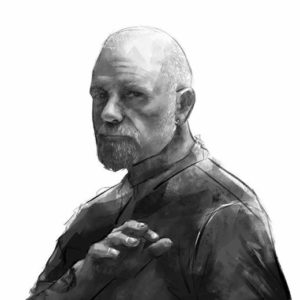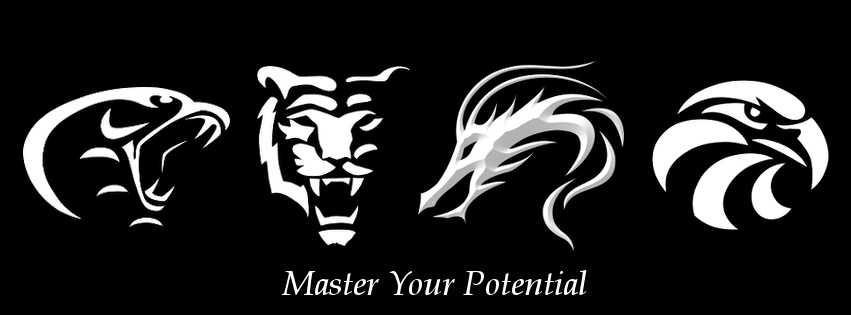I was considering the down times in the learning process. Those points when we are likely to quit. You might find these thought provoking.
The foundation course is for many the hardest. It is during this stage that they go from unconscious incompetence to conscious incompetence. That is, when they begin they don’t really know how much there is to know and just how little they know. They don’t know how poor they are at something. Over the first few months they get a glimpse of what is possible, see their own inability and can get either despondent or inspired. It is like the feeling of insecurity one has when suddenly among people who speak an alien language and one feels lost and unable to participate in the conversation, not even knowing what the conversation is about. This is where in addition to teaching skills/techniques, the instructor has a job of impressing on the student the belief that they too are capable of great skill if they persevere. “Do today what others won’t and tomorrow you’ll do what others can’t.” That is to say, we were all incompetent when we started. It is during the intermediate course and on into the advanced, that many students reach the conscious competence stage. They have some skills and know they have them. Here the student can think, “Yes I have enough skill now to serve me well.” However, at this point their skills are often context related. That is, they can perform techniques when they think about them and within the environment of the training studio. In many martial arts traditions this is the stage that students get to just before they become bored and leave. I have seen many times when someone, who has a high belt, even several rungs above black, needs their skill in a real situation only to find that they could not use them. This not only brings martial arts in general into disrepute, but is very discouraging for the student who begins to think they have wasted, perhaps, years of training. This is like the person who has done a course in Spanish, sat an exam and feels they have learned it well, but they get cornered by a Spanish visitor at a party who is a little drunk, has a rural accent and has been directed to the guy who “knows Spanish.” The problem is partly that they were not taught properly in the first place, but mainly because they have not understood that mastery is achieved when one has unconscious competence. At the stage of unconscious competence the skills/techniques have become a part of their unconscious identity. If asked, they may have even forgotten the names of moves, or the forms in which they first learned them, but when they see someone being assaulted, they step straight in without hesitation and deal with the problem with minimum fuss. This is the stage when they have almost forgotten that they have skills. It requires little effort to maintain them because they are built into the fabric of their being. This is the way people use their native language; even when they have been in another country for years. When without notice, years since they last spoke it, a stranger turns and asks them a question in their native language. Without a pause, they answer in the same language, almost without noticing that they have switched.









